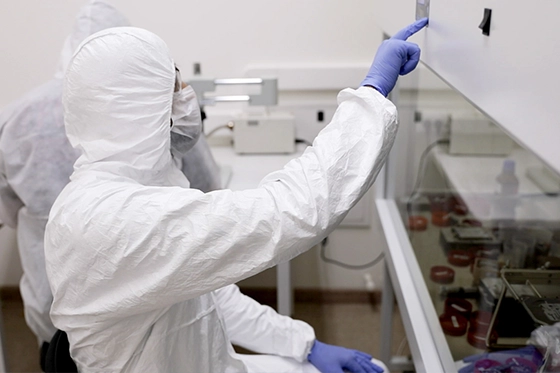RAID 1 - The Guardian of Data Redundancy
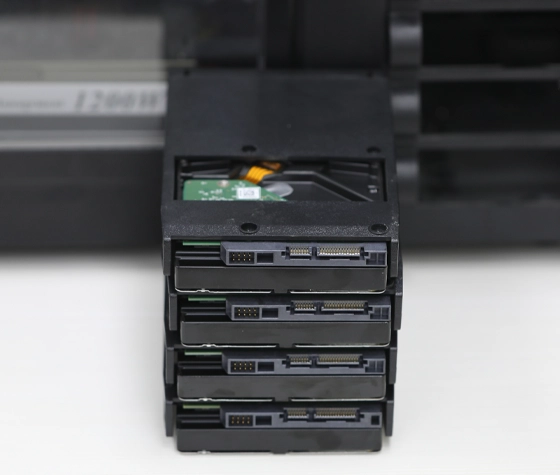
RAID 1, also known as mirroring, duplicates data across multiple drives to provide redundancy and fault tolerance. It creates an exact copy of the data from one drive onto another.
This setup is used primarily for data protection rather than performance gains, as it does not deliver the speed improvements offered by some other RAID levels. By writing the same data to two or more drives at the same time, RAID 1 ensures data availability and significantly reduces the risk of complete data loss.
At RAID Recovery Services, we take pride in being a certified and accredited provider specialising in professional data recovery. Our reputation is built on delivering exceptional services while adhering to the highest industry standards.
In today’s data-driven world, a RAID 1 failure can be devastating. RAID Recovery Services provides the essential lifeline, with a team of skilled professionals and advanced technology dedicated to the efficient and secure recovery of your valuable data.
RAID 1 Failure and Data Loss
RAID 1 mirrors data for redundancy, but it is not immune to loss caused by drive failure, accidental deletion, or corruption. When data loss occurs, having a structured recovery strategy is vital to ensure business continuity.
Begin with RAID management software or system logs to identify the failed drive. Accurate diagnosis reduces the risk of further data loss and forms the basis for a successful recovery.
Carefully remove the failed drive from the array. Clearly label all drives to maintain the original array structure and minimise the chance of reconfiguration errors.
Use enterprise-grade recovery tools to scan the healthy mirror. These tools can retrieve deleted, lost, or corrupted files. If recovery attempts fail, escalate the case to professional specialists.
When software solutions are insufficient, professional recovery firms employ lab-grade equipment to restore critical business data. Contacting experts early improves the chances of successful recovery and prevents further damage.
RAID 1 Disk Recovery
When RAID 1 systems fail, securing data integrity and minimising downtime is paramount. Attempting DIY recovery can lead to permanent data loss—engage professional recovery services to protect business continuity and ensure compliance with data protection standards.
Establish a controlled, threat-free recovery environment before taking any action. Run malware scans, apply security patches, and isolate affected drives to prevent unauthorised access or contamination during the process.
Avoid writing to the failed disk under any circumstances. Doing so may overwrite recoverable data and exacerbate drive corruption. Instead, create a sector-level clone of the affected drive and engage certified recovery specialists equipped to handle mirrored array failures.
Choosing a provider with ironclad data privacy policies and enforceable NDAs is non-negotiable. RAID Recovery Services offers enterprise-grade solutions with a strict confidentiality framework, ensuring sensitive business data stays protected at every stage.
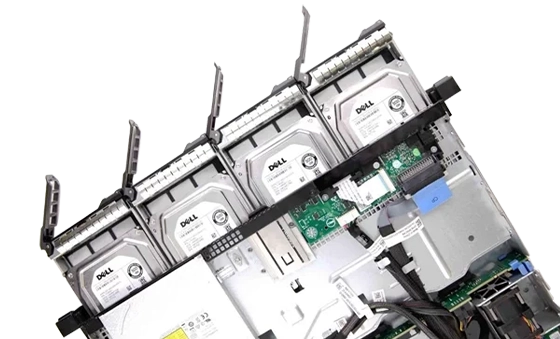
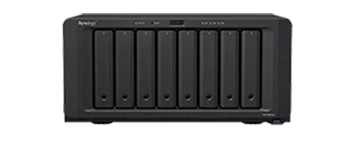
If you need to recover data from a failed RAID 0 array, our experts provide fast, reliable recovery services.
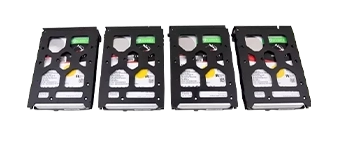
For failed RAID 1 arrays, our team delivers prompt and dependable recovery to retrieve your critical data.
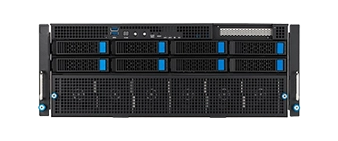
If your RAID 5 array has failed, contact our professionals for trusted recovery services tailored to your situation.
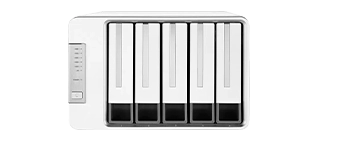
Our specialists provide secure and efficient recovery for failed RAID 6 arrays, helping you restore valuable data with confidence.
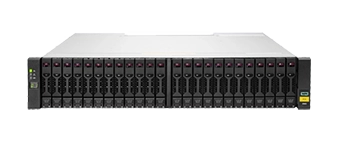
Need recovery from a failed RAID 10 array? Our team offers reliable, rapid services to get your data back.
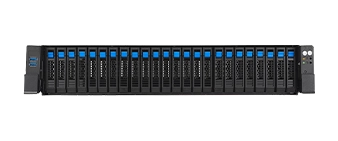
For RAID 50 failures, our professionals deliver expert recovery services with a focus on security and reliability.
Emergency RAID 1 Recovery
At RAID Recovery Services, we understand the importance of time in data loss situations. We provide expedited emergency services to ensure a swift and successful recovery. Contact us today for a complimentary consultation and let us help you retrieve your valuable data from your RAID 1 array. We are here to support you every step of the way.
24/7 Rapid Response
Immediate dispatch of certified engineers—365 days a year—for fast RAID 1 data recovery and minimal downtime.
Secure & Compliant
All work is carried out in secure, ISO-certified labs with AES-256 encryption and full reporting to meet industry regulations.
Advanced RAID Reconstruction
We use advanced diagnostics and virtual RAID tools to rebuild your array and recover files safely.
